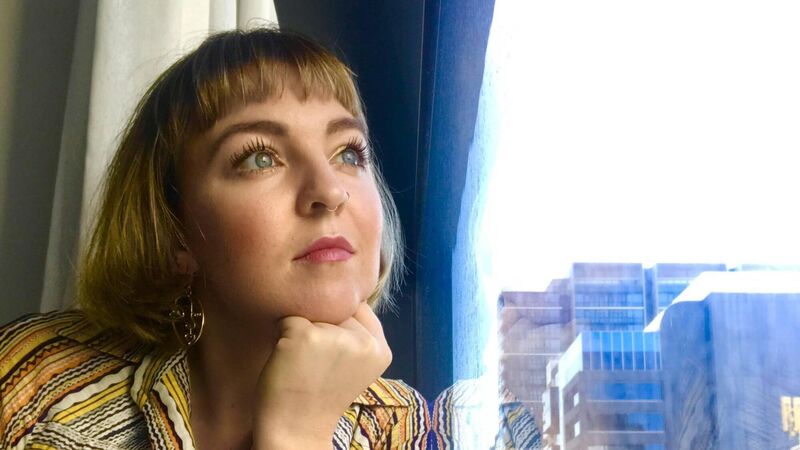Leaving everything behind, in middle of a pandemic, to begin again in Australia

Holly Hughes gazing out her hotel window on day nine of her quarantine in Australia.
In a time of global uncertainty but near-certain recession, I have decided to emigrate to Australia. I have quit not one but two lucrative jobs, spent extortionate money to come to a country I know next to nothing about, and left behind every anchor of security and safety in search of the worst of all possible clichés: Happiness.
When people talk of gambles, it's typically in retrospect: When the big risk has already led to another success. When the terror of upending your life or quitting the job or leaving that relationship is a memory or scar, no longer a living, breathing demon on your shoulder. We speak of that pain almost fondly, generously, from our higher plane of knowing: It always works out in the end.







